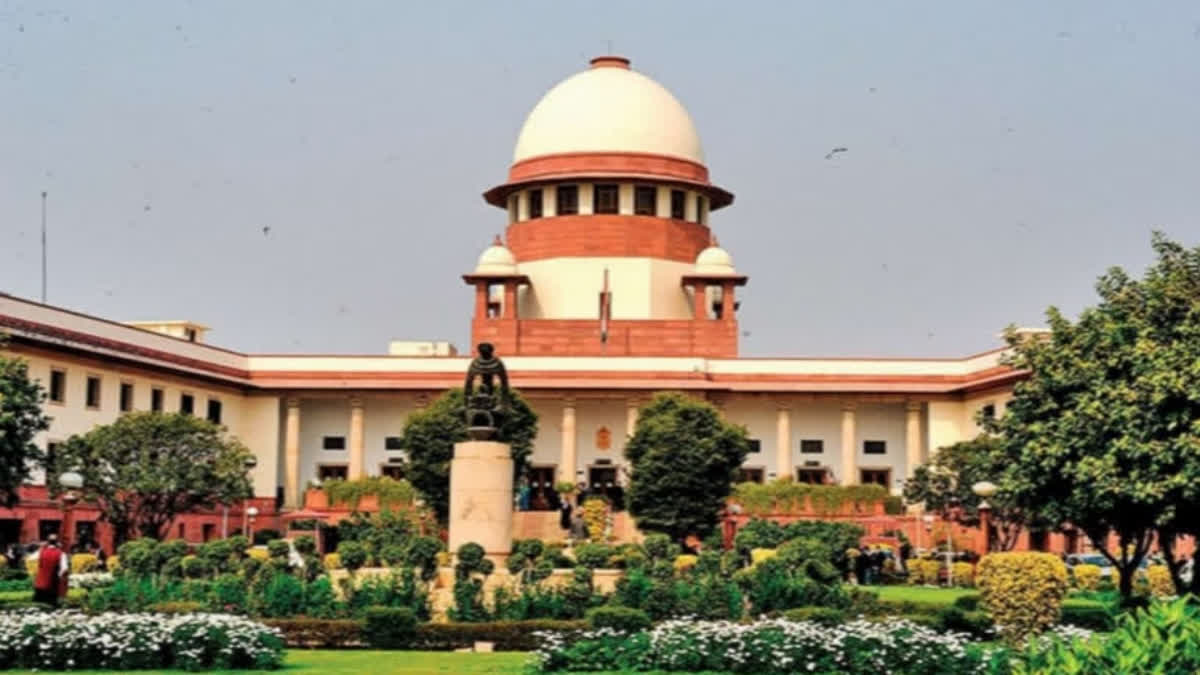New Delhi:The Supreme Court on Thursday asked Senior Advocate Kapil Sibal whether Article 370, which gave special status to Jammu and Kashmir, is being equated to the Basic Structure of the Constitution, and asked him if "we are creating a new category apart from Basic Structure and Article 370 belongs to that?”
A five-judge constitution bench headed by Chief Justice of India D Y Chandrachud and comprising justices S K Kaul, Sanjiv Khanna, B. R. Gavai, and Surya Kant, is hearing a batch of petitions challenging the Centre’s decision to abrogate Article 370.
On the second day of the hearing on Thursday, Sibal, representing Mohd. Akbar Lone, contended before the court that there was no constitutional process available to abrogate Article 370. Sibal vehemently argued that it had attained a “permanent character” after 1957, when the Jammu and Kashmir constituent assembly dissolved, without changing this Article.
The Chief Justice asked Sibal can Parliament not have amended the constitution by exercising Article 368 power to abrogate Article 370. "You're saying that there is a provision of the Constitution which lies even beyond the amending powers of the Constitution?" the CJI asked. "So we are creating a new category apart from Basic Structure and Article 370 belongs to that?" he added.
The Basic Structure comprises essential features of the Constitution which the Parliament cannot alter. Sibal said it is not a new category and stressed, the abrogation of Article 370 was purely a political act and there was nothing within the constitutional structure, which allows either the Parliament or the President to abrogate it.
The bench asked him if Article 370 is being equated with the Basic Structure of the Constitution. To it, Sibal said: "We have to find a constitutional procedure through which the process of abrogation has to be done".The Chief Justice said, “How can you say that the Parliament could not have exercised its plenary amending power to abrogate Article 370?”
